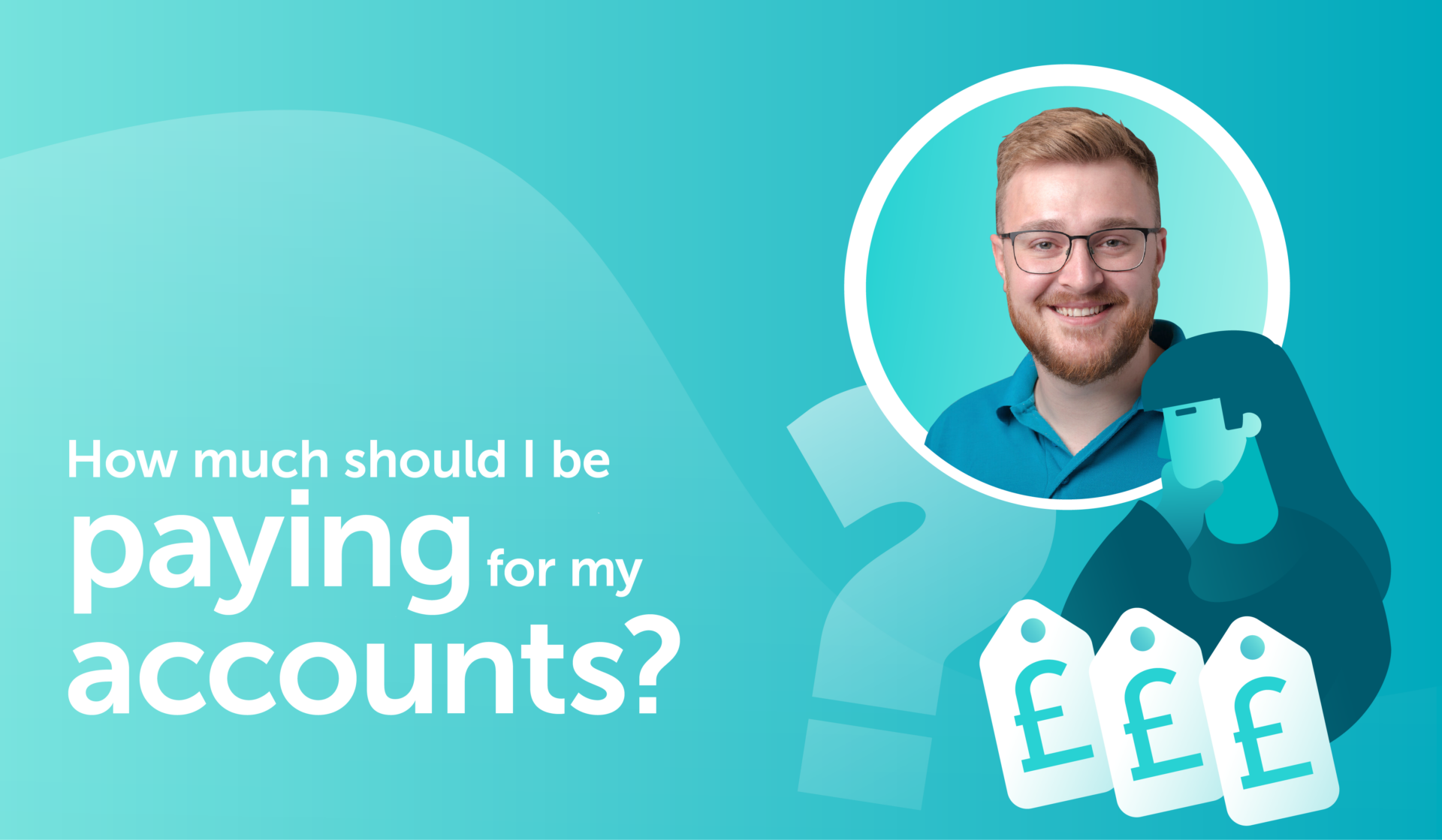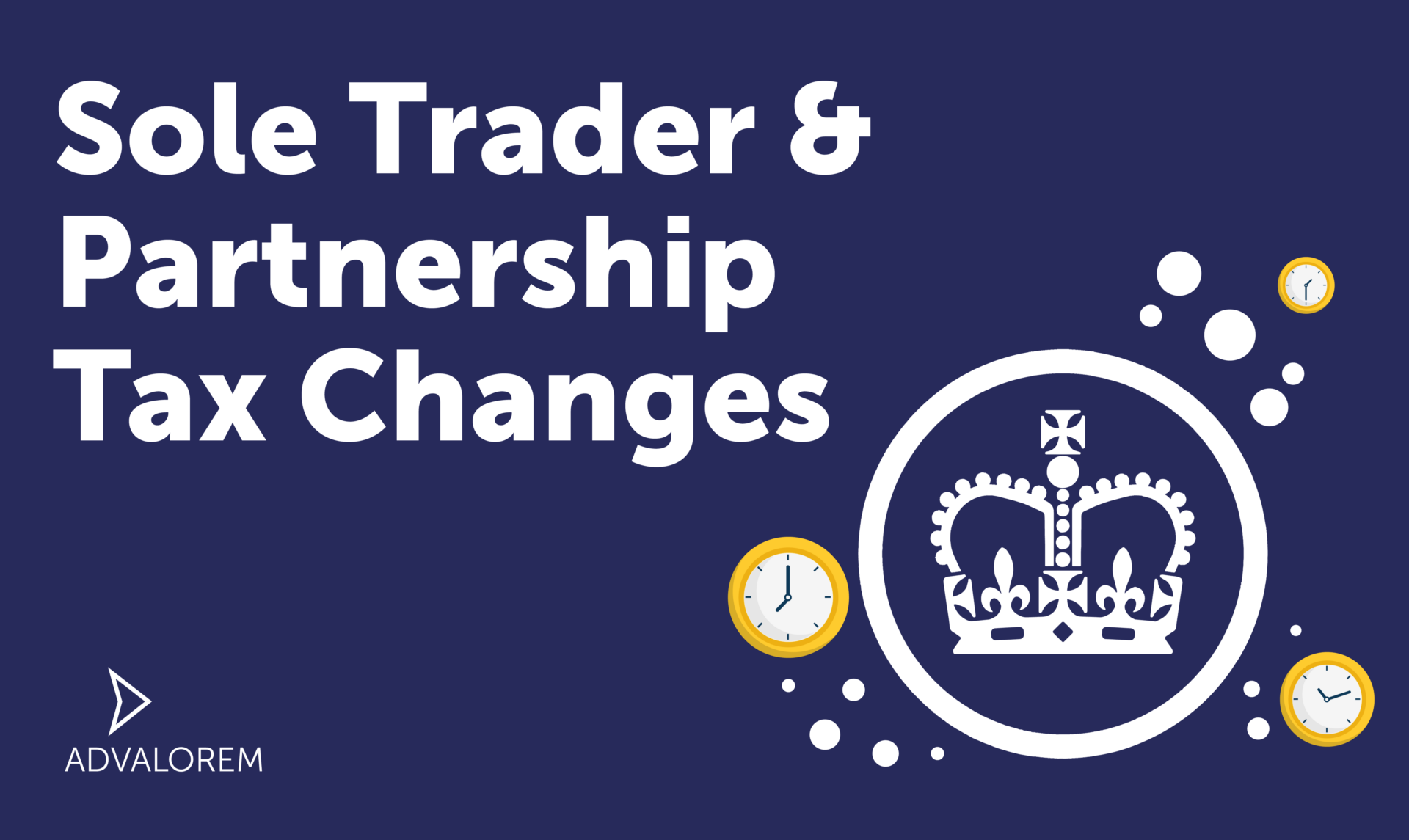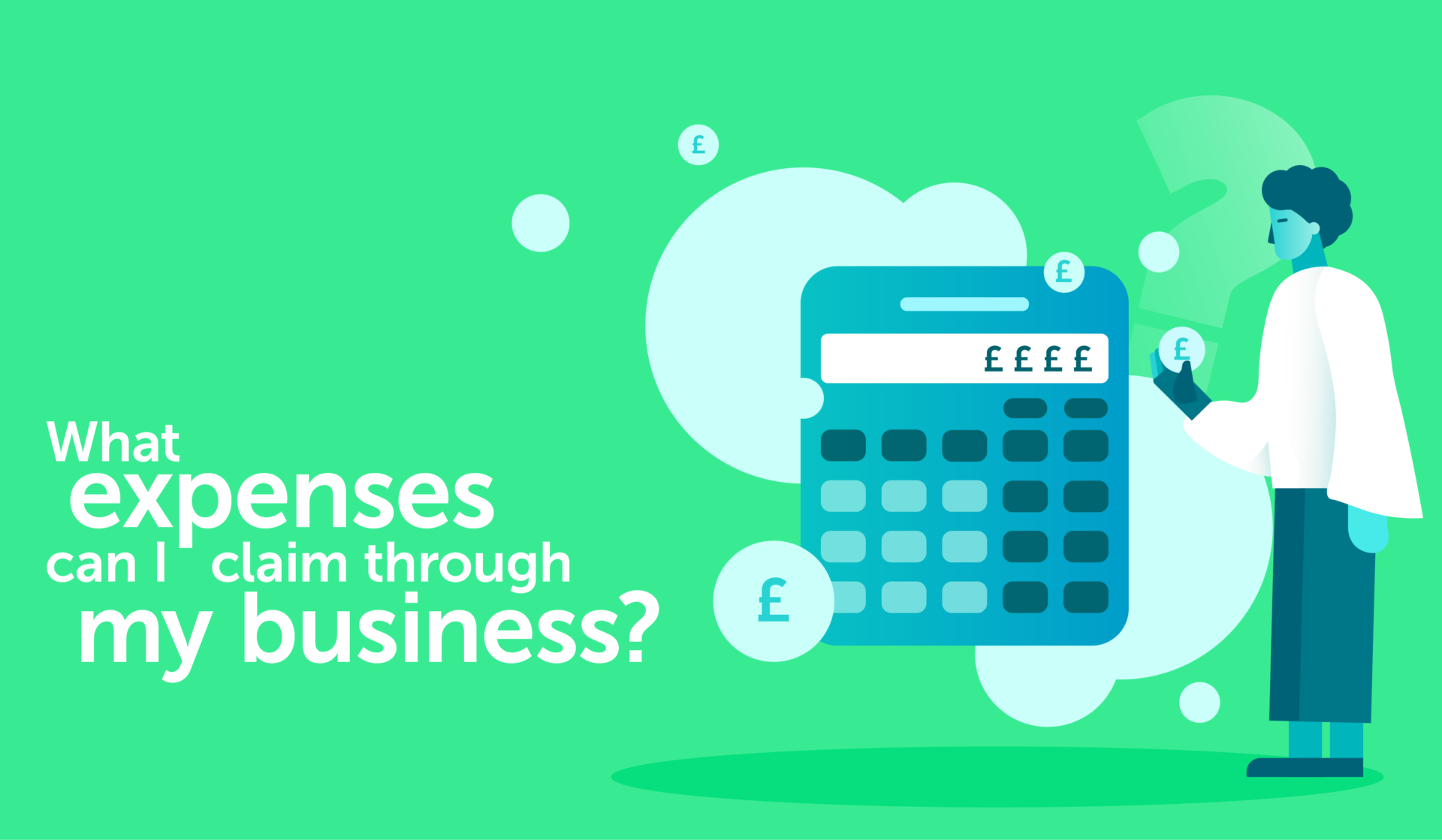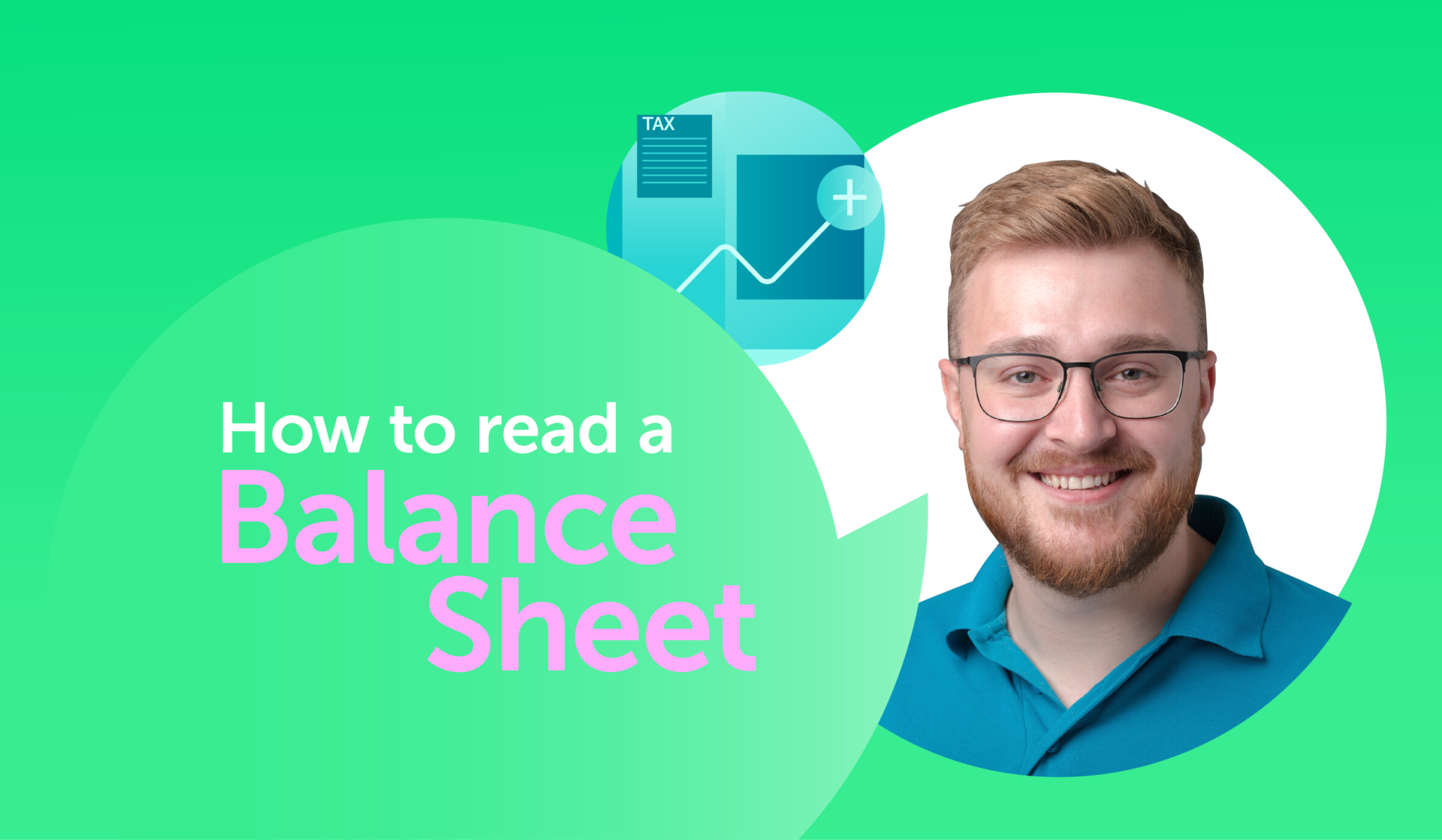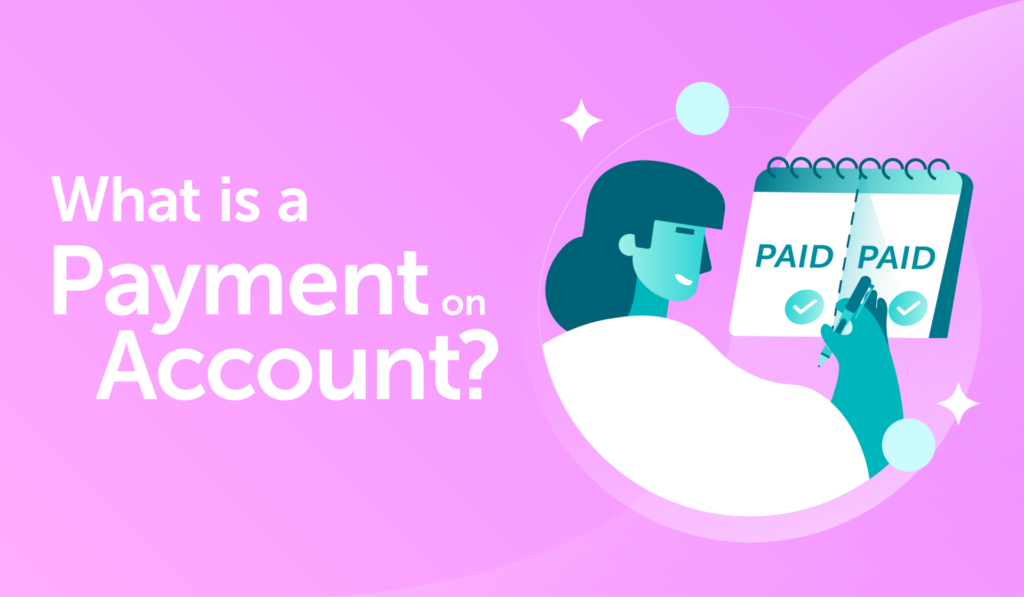
What is a Payment on Account?
A “payment on account” is a prepayment of tax that individuals (in certain circumstances) are required to make to HMRC. It is an advance payment towards the individual’s tax liability for the upcoming tax year. There are two deadlines for making a payment on account, which are 31st January and 31st July each year.
What are the criteria for having to make a Payment on Account?
There are two criteria HMRC have for individuals being required to make a payment on account.
- If your tax bill is over £1,000
- If 20% or more of your income is taxed via self-assessment
How is the payment on account calculated?
The amount is calculated by looking at your previous year’s tax and Class 4 National Insurance liability. Your payment on account is 50% of the previous year’s liability.
Can you reduce your payment on account?
It is possible to reduce your payment on account, however this should be done using caution. You should only consider reducing the payment on account if you are confident that your tax liability for the current year is less than your previous year.
You will need to notify HMRC that you are reducing your payment on account and provide your reason why. If you reduce your payment and your income ends up being higher than you expect, you will be required to pay the balance of your tax liability and interest on the difference.
New to self-assessment – prepare for your first tax bill
If you are new to self-assessment, your first tax bill is often higher than expected. This is usually due to your payment on account. For example, if you started trading in June 2022, your first self-assessment would be for the period April 2022 to March 2023 and is due for filing with HMRC by 31 January 2024. Your tax liability for the period April 2022 to March 2023 is also due by 31 January 2024, as well as a payment on account for the current tax year of 2023-24. This means the payment is usually around 50% higher than individuals expect.
The remaining 50% for the 2023-24 tax year is then paid by 31 July 2024. HMRC use payments on account to ensure individuals who are taxed through self-assessment aren’t benefiting from paying their tax liabilities months after the taxable period.
What if I can’t pay my payment on account?
If you are unable to pay your tax liability by the deadlines, you will likely pay interest on the amount due. You should contact HMRC to notify them of your situation as soon as possible, and discuss options for “time to pay” arrangements.
If you have any questions regarding payments on account, or self-assessment in general, please contact us using our details below.
(E) enquiries@advaloremgroup.uk (T) 01908 219100 (W) advaloremgroup.uk


